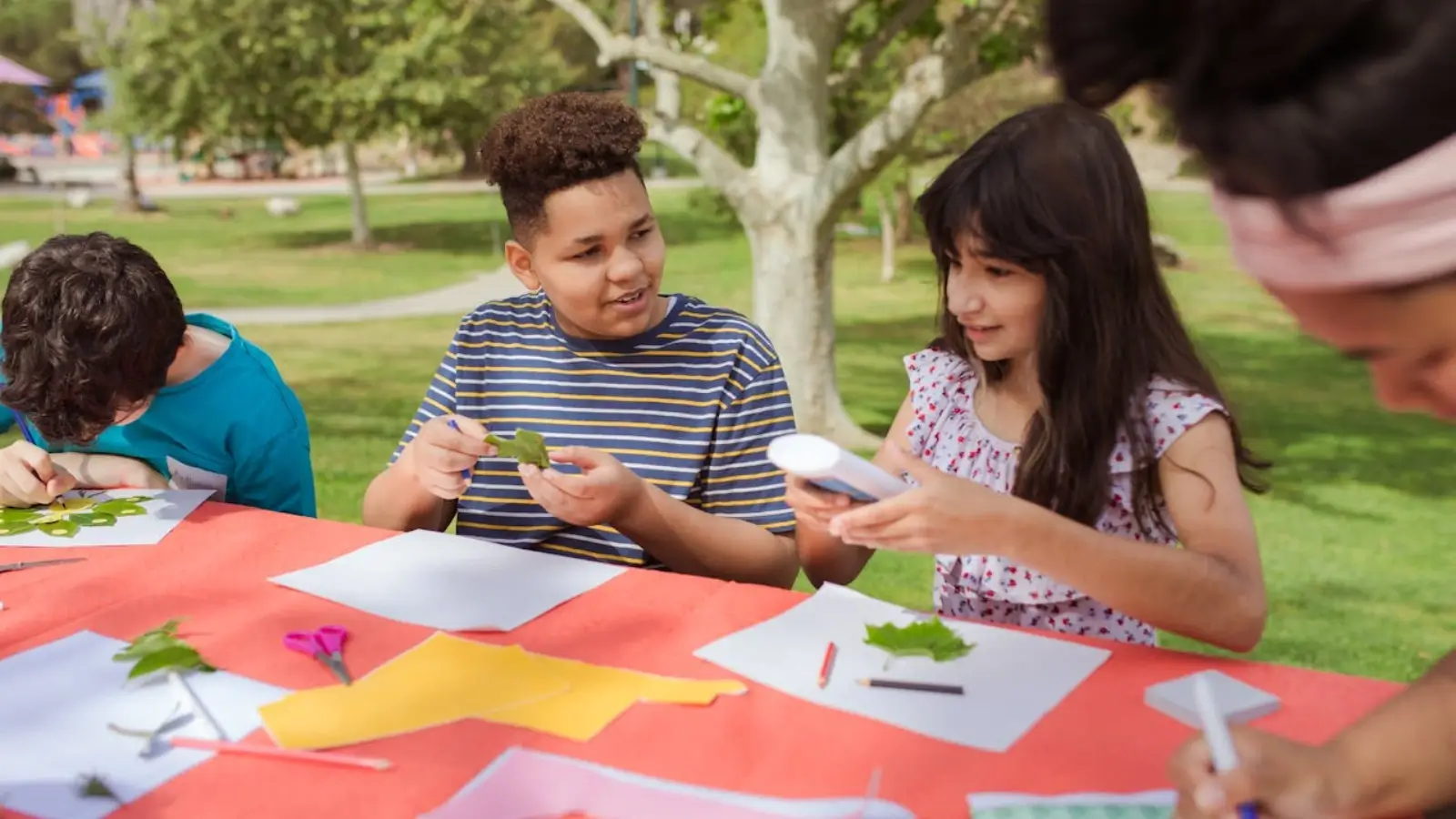How I Accidentally Made Vocabulary Practice Fun? I used to dread anything that had to do with vocabulary. Memorizing word lists felt like studying for a test I didn’t sign up for. It was boring, mechanical, and completely unrelatable. But things changed when I stopped trying to "study words" and started playing with them.
What began as little habits turned into surprisingly effective ways to expand my vocabulary without even trying. No textbooks, no pressure—just fun, curiosity-driven moments sprinkled throughout my day.
Here are the 10 habits that worked wonders for me:
1. Setting My Lock Screen as a Word Reminder
Each week, I would choose a new word I liked the sound of or wanted to use more. Then I'd set it as a sticky note on my phone's lock screen. It was a passive way of revisiting it dozens of times a day. One week it was "eloquent" and I actually ended up using it during a work call—and felt pretty proud about it.
2. Playing Word Pattern Games Online
This one really stuck. I started using Word finder solver & unscrambler to explore all kinds of word combinations: 7-letter words that end in "ing," 5-letter words with "t" as the second letter, etc. It felt more like solving puzzles than studying.
And guess what? Those patterns helped me recognize word structures faster when reading or writing.
It also turns out that these kinds of word pattern games train your brain to think laterally. When I’d come across a tricky sentence or unfamiliar word in a book, I started spotting familiar segments—like prefixes or suffixes—because of the repetition and exposure I got from playing these puzzles.
And if you’re into Wordle (like half the internet is these days), combining it with pattern tools from the same website gives you a real edge. It’s not just about guessing the right word—it’s about developing a sharper vocabulary sense without even realizing you’re learning. Honestly, it became my morning ritual and made vocabulary feel like a game worth showing up for.
3. Paying More Attention to Song Lyrics and Subtitles
I love music and binge-watching shows, so I figured—why not learn from them? I began turning on English subtitles, even for English shows, and noticed how different words were used in various contexts. Song lyrics were another unexpected treasure chest of vocabulary. I even kept a small note in my phone titled "Words I Found on Netflix."
4. Giving Files & Folders Creative Names
Instead of labeling folders "Work Stuff" or "Photos," I started naming them things like "Chronicles" or "Wanderlust Files." Not only did it add personality to my desktop, but it pushed me to discover synonyms and phrases I wouldn't normally use. For more playful naming ideas, I even checked out sites like stylish-names.net, which made it oddly satisfying.
5. Writing Tiny Stories Using New Words
Every day, I picked 3–5 new words and tried to use them in a mini story—no longer than a few sentences. The stories were often weird, but that's what made them memorable. One had a talking cat using the word "meticulous" to describe its grooming routine.
6. Creating a Digital Word Board
I started a Pinterest-style board in Notion and grouped words by themes: Nature, Emotions, Power Words, etc. Seeing them visually arranged made a big difference compared to looking at a long list.
7. Weekly Themes to Focus My Learning
Some weeks were "Ocean Week," filled with words like "briny," "buoyant," and "tempest." Other times I picked moods like "Confidence Week" with words like "assertive," "poised," and "undaunted." Grouping words helped me make stronger associations.
8. Rewriting Instagram Captions with Upgraded Vocabulary
Instead of posting, "Had an amazing day," I challenged myself to replace "amazing" with something better like "spectacular," "memorable," or "blissful." Over time, it became a natural habit, and my captions started standing out.
This approach mirrors how professionals refine their business communication, whether in emails, presentations, or cross-cultural settings. For those looking to develop these skills systematically, resources like Talaera offer practical approaches to business English and workplace communication, combining structured learning with free resources like guides, podcasts and webinars to support continuous improvement.
9. Swapping Out Common Words in Messages
I started doing this in texts and emails: replacing "nice" with "gracious," "fun" with "delightful," and so on. It made my everyday communication more colorful and sharpened my recall of better words.
10. Reading Aloud and Recording Myself
At first, it was awkward hearing my own voice. But then I realized it helped me practice pronunciation and feel more comfortable using complex words in actual conversations. Bonus: it improved my pacing and confidence when speaking English.
Final Thoughts: Let It Be Fun, Not Forced
What I learned is this: vocabulary growth doesn't need to feel like homework. The more playful and integrated into your day it is, the better it sticks.
Even trying just one of these habits can be a great start. And when you’re curious about discovering words by letter patterns or length, tools like Wordslibrary.com make the process surprisingly enjoyable.
Learning words isn’t just about sounding smart. It’s about expressing yourself clearly, creatively, and confidently. And yes, it can absolutely be fun too.
















